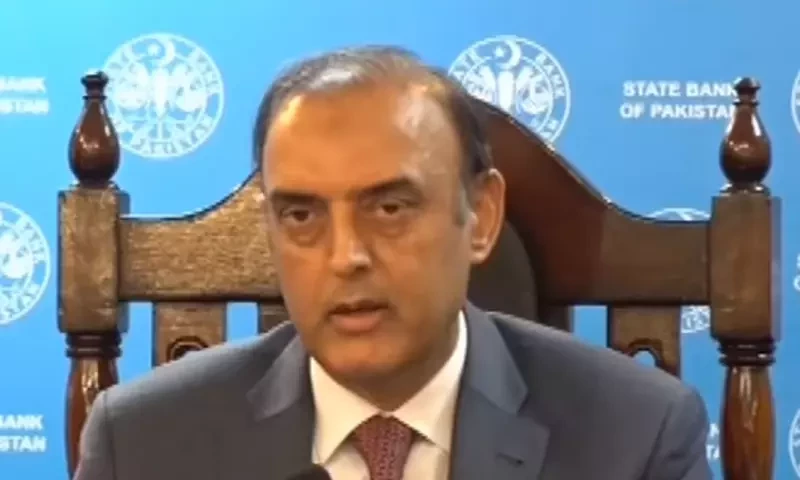The United Nations Security Council (UNSC) has recently made a significant decision that could have far-reaching implications for international diplomacy and security. After a long-standing debate and political negotiations, the UNSC officially declared an end to the restrictions it had imposed on Iran’s missile program. This decision comes as a result of various changes in the global political landscape, marking a significant shift in international relations.
The Background
The restrictions that have now been lifted were set out in paragraphs 3, 4, and 6 (c) and (d) of Annex B to Resolution 2231. These limitations primarily revolved around curbs on ballistic missile-related activities and transfers, along with sanctions on specific Iranian individuals and entities. The situation was closely monitored and regulated for nearly eight years, following the signing of the 2015 Iran nuclear deal, officially known as the Joint Comprehensive Plan of Action (JCPOA).
The UNSC’s Official Termination
The UNSC’s official termination of these restrictions took effect on October 18, 2023, marking a historic moment in international relations. The decision was communicated to member states of the UN through a note from the secretariat of the UNSC. In this communication, the UNSC made it clear that Iran was no longer subject to the previous UN sanctions.
Rosemary A. DiCarlo’s Confirmation
Further confirming this significant change, Rosemary A. DiCarlo, the United Nations Under-Secretary-General for Political and Peacebuilding Affairs, sent a separate letter to Iran’s permanent ambassador to the United Nations, Amir Saeid Iravani. In her letter, she stated, “As a consequence,… the Secretariat removed on 19 October 2023 from the Security Council website the list of 23 individuals and 61 entities subject to the aforementioned restrictive measures.”
READ MORE: GITEX Global 2023: Pakistan participates in world’s largest IT exhibition
This means that the changes were not only verbal but also reflected in official documents, such as the UNSC Consolidated List of all sanctioned people and entities.
The Context and Controversy
The decision to lift these restrictions is not without controversy. It came despite extensive political and legal efforts made by the United States \and Western countries in recent years to maintain these measures. The US and its allies have been keen on continuing the restrictions on Iran, citing security concerns and the need to curb Iran’s ballistic missile program.
However, on the same day that the UN sanctions were lifted, the United States imposed new unilateral sanctions against Iran’s missile program. This move underscores the divisive nature of the situation and the differing opinions on how to approach Iran’s missile development.
European Stance on Iran’s Sanctions
It’s also worth noting that the three European signatories to the JCPOA—the UK, Germany, and France—expressed their intention not to terminate their anti-Iran sanctions, including ballistic missile bans. They argued that Iran had been in non-compliance with the JCPOA since 2019.
Iran, on its part, had halted some of its JCPOA commitments in 2019, a year after the US unilaterally withdrew from the deal and after the EU failed to offer any compensation for the US withdrawal. Iran justified its actions by stating that reducing its commitments was in accordance with the deal, which allows parties to do so if other parties breach their obligations.
Conclusion
The United Nations Security Council’s decision to lift restrictions on Iran’s missile program is a significant development in international relations. While it marks the end of a long-standing international agreement, it also highlights the deep divisions and differing opinions among global powers. This decision will undoubtedly have a significant impact on future diplomatic negotiations and the ongoing efforts to ensure peace and security in the region.




